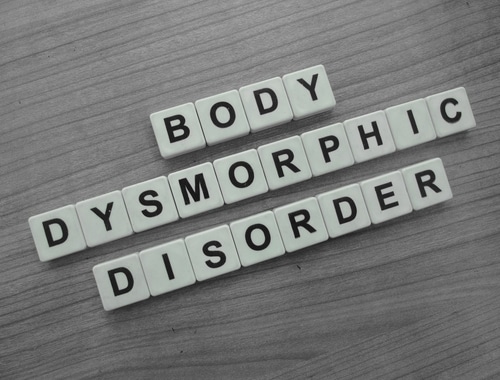
Apr28, 2020
Body dysmorphic disorder on the rise in the UAE, say doctors
Psychologists in the UAE are witnessing an “alarming” increase in the number of cases of a condition where people become obsessed with small or imagined flaws in their appearance.
There is no official data available for the UAE, but Body Dysmorphic Disorder is estimated to affect one in 50 people worldwide.
BDD is believed to be a relatively new phenomenon in the Emirates, but the number of sufferers is on the rise, according to counsellors and psychologists who treat the condition.
Imane Bougueffa, a counsellor at The Priory Wellbeing Centre in Dubai, who specialises in eating and behavioural disorders, said she is seeing a “notable increase” in patients either being diagnosed with the condition, or showing symptoms of its development.
“I have started to see more cases of people who did surgery or want to fix many physical problems,” she said.“I have a new client who is very, very pretty, but she is always asking to do more surgery and fix this. She can’t go to any party or anywhere without putting on a lot of make-up”.The relentless pursuit of plastic surgery is one of the hallmarks of the condition, according to experts.
Yet fewer than 10 per cent of BDD sufferers are satisfied with the result, and anxieties are often transferred to another aspect of their appearance.
“Some of these individuals go through a lot of plastic surgery,” said Sarah El Nabulsi, a clinical psychologist at the Psychiatry and Therapy Centre in Dubai.“They rarely come to the clinic telling you they have BDD. They come in with obsessive thoughts or too much anxiety or anorexia and the underlying cause would be BDD”.The centre is also diagnosing more cases of BDD, which exists on a spectrum, she said. Some people who suffer from it look in the mirror and only see their flaws due to a distorted perception.“And you have the people who are obsessively checking, worrying about the behaviour but not necessarily affecting so much the perception [of their appearance],” said Ms El Nabulsi. Sufferers may also pick their skin, spend a disproportionate amount of time discussing their appearance, feel irritable and judgemental of others, and experience relationship problems like extreme jealousy. They may also experience social phobias or social anxiety.


